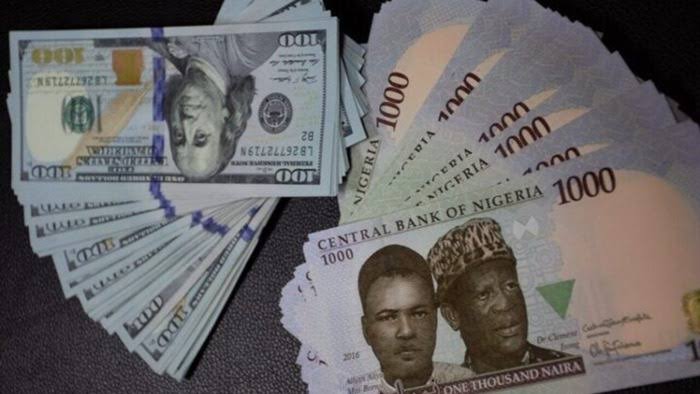In a bid to drive foreign currency inflow into the country, the Nigerian government is offering higher interest rate on financial instrument. Rates on debt instruments have increased as the authority seeks foreign investors participation in a bid to reduce US dollar scarcity.
Nigeria inflation condition has caused yield in the fixed income market as the government borrowed from the debt market at lower rate in 2023. the market has recorded a decrease in foreign investor portfolio, bringing hot monies into the economy, over negative interest yield.
In the second half of the year, the monetary authority restarted open market operations, offering higher rates on OMO bill auctions. In 2024, the Central Bank of Nigeria (CBN) raised its interest rate on Treasury bills to double digits to consolidate its FX reform and attract foreign investors.
As a result of the No Naira devaluation by Emefiele, it discourage foreign investors from investing which leads to block of US dollar upstream. This leads to MSCI’s decision to downgrade the Nigerian Index from it platform, citing an inability to get dollars out of Nigeria. The foreign exchange challenges has dragged naira down and suddenly the CBN has resulted to it core mandate which is to maintain the exchange rate and stabilize prices.
The CBN is to mop up excess system liquidity, ramp up OMO sales at attractive rate and eliminate FX market inefficiencies.
There has been a gradual FX inflow. The foreign reserve grew to $34.11 billion due to the improvement in crude oil output and quick wins from ongoing FX reforms. The CBN said foreign investors are returning to the market as confidence in Nigeria’s economy improves. Its recently concluded Treasury bills auction attracted $1.0 billion from foreign investors.
Analyst noted that the apex bank is using higher rate to attract portfolio investors and this is expected to raise borrowing costs. The ongoing return of foreign inflows and Nigeria’s plans to tap the Eurobond market provide some comfort for FX liquidity in the near term.
“… We perceive that the CBN might want to avoid the 2018 & 2019 scenarios, where about N3.0 trillion was spent on OMO interest payments,” CardinalStone said in a February market update.
The firm noted that this might have led to the collaboration with the fiscal authorities, which resulted in an unprecedented Treasury bill issuance of N1.0 trillion with a 1-year effective yield of 23.4%.
All in, given the 23.4% implied yield on the 1-year instrument at the auction and its consequent positive impact on Nigeria’s carry trade, analysts at CardinalStone said they think that foreign investors’ return to Nigeria might be sooner than earlier expected.
The country witnessed a significant surge in foreign exchange (FX) inflows as overseas remittances more than doubled in February 2024. MarketForces Africa reported that FX inflows rose to $2.3 billion, driven by substantial remittance payments by Nigerians abroad.



Your point of view caught my eye and was very interesting. Thanks. I have a question for you.